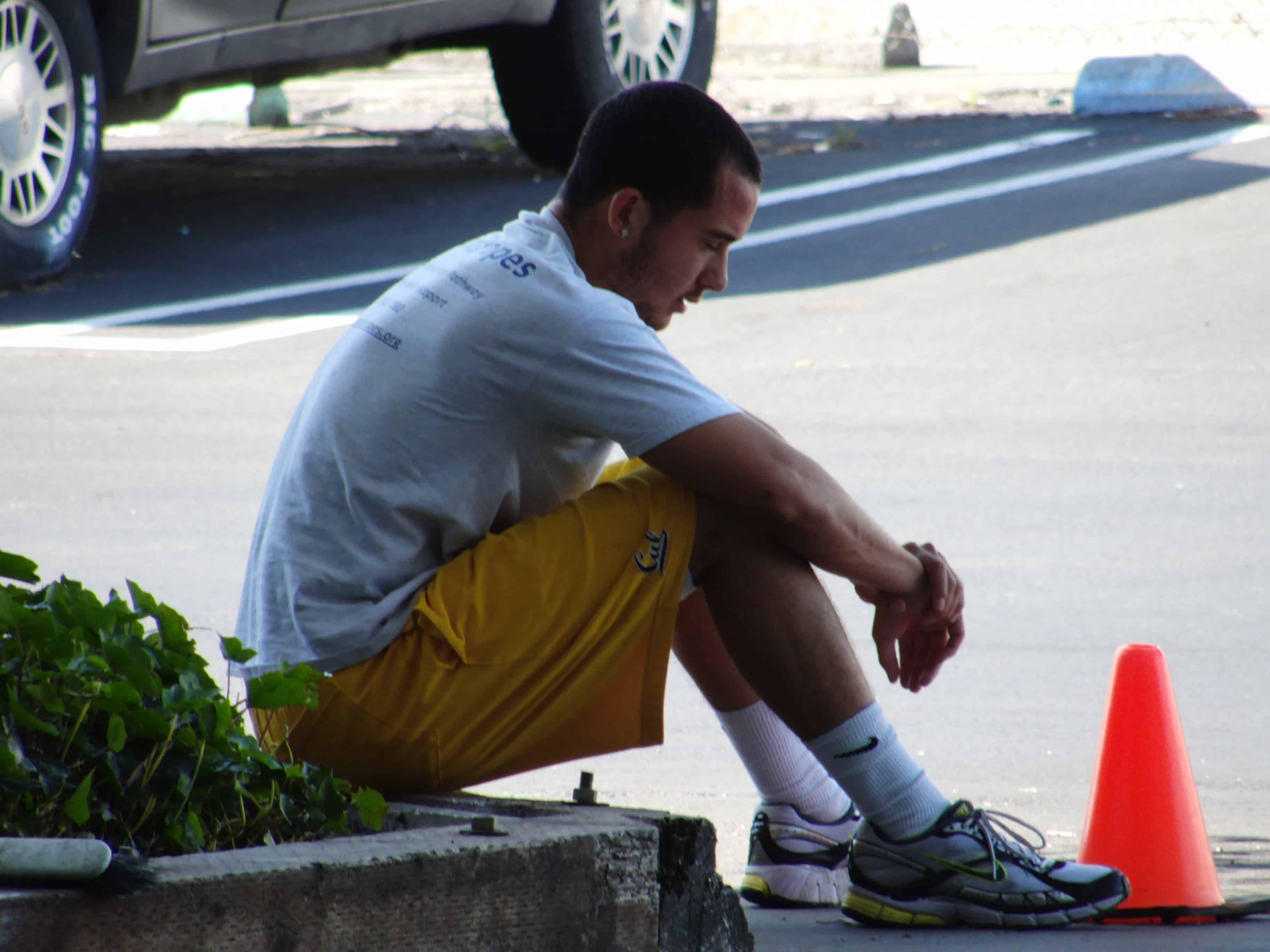 In my previous blog I spoke about the dangers of heavy athletic workloads and ways for parents to manage them. One of the results of overloading is over-training. There’s not much research in regards to younger athletes so we must rely on what we’ve learned concerning adult athletes. Generally, the symptoms of over-training are fairly easy to spot. However, with kids they may not exhibit them in the exact same way as an adult. In addition, children are less likely to possess the verbal skills to articulate what is going on with their bodies or emotions to properly alert parents and coaches. Therefore, parents should be versed on the most common signs and causes and be vigilant in reading their child’s responses to their athletic activities and be ready to respond.
In my previous blog I spoke about the dangers of heavy athletic workloads and ways for parents to manage them. One of the results of overloading is over-training. There’s not much research in regards to younger athletes so we must rely on what we’ve learned concerning adult athletes. Generally, the symptoms of over-training are fairly easy to spot. However, with kids they may not exhibit them in the exact same way as an adult. In addition, children are less likely to possess the verbal skills to articulate what is going on with their bodies or emotions to properly alert parents and coaches. Therefore, parents should be versed on the most common signs and causes and be vigilant in reading their child’s responses to their athletic activities and be ready to respond.
The Signs of Over Training
Physical Symptoms:
- Persistent fatigue, low energy.
- Complaints of prolonged muscle soreness.
- Loss of appetite.
- Increase in occurrence of overuse injuries sprains, strains (ankle, knee, elbow, shoulder, back areas).
- Frequent colds or infections.
Non-physical Symptoms
- Difficulty sleeping.
- Change in moods: Irritability, Depression, Lack of Motivation, Fear of competition, Difficulty concentrating.
Symptoms During Training:
- Decrease in strength, speed, endurance or coordination (not achieving training goals).
- Normal practices/workouts feel more difficult (tiring faster).
- Higher resting heart rate. Taking more time to get back to normal heart rate (recovery).
Signs during performance
- Slower times in activities such as running, cycling, and swimming.
- Deterioration in execution of sports skills or plays (increase in errors).
What do we do to prevent over training?
- As a general rule experts agree, children shouldn’t train for more than 18-20 hours a week.
- Use a training log and calendar to track activity. When you see it in black and white it’s easier to see risky trends.
- Encourage the athlete to keep their own diary on how their feeling. It can also help them to come to grips with any negative feelings or emotions concerning their activities.
- For younger athletes use a simple system like stars, happy faces, number systems (1-5) to help describe how their feeling physically and mentally each day or week.
- Avoid conversations that require yes or no answers. Open ended questions will allow your child to express themselves in more descriptive terms. It will also empower your athlete when talking with coaches, doctors and other professionals.
- Be engaged don’t just be at a practice but watch a practice and observe your child’s responses.
What do we do if my athlete is over-trained?
The best treatment for both the physical and psychological effects of over-training is rest. In case of injury then the appropriate medical course should be provided. Rest can come in many forms;
- Volume control: complete, partial or intermittent inactivity.
- Active recovery practices: light massage, therapy, yoga.
- Substitution: changing or replacing current physical activity. For example replacing running with swimming.
- Sports psychology: A counselor can suggest strategies for dealing with pressure, anxiety and relationships.
- Nutrition: restore proper eating habits and patterns.
- Sleeping: napping and restoring normal patterns.
Symptoms should recede with rest. However, care still needs to be taken as the athlete resumes athletic activity. I suggest a 2 to 1 or 3 to 1 rest ratio. In other words for every day of observed over-training symptoms give two to three day’s rest. So if experiencing symptoms for three days take six to nine days off. Also, come back slowly. A gradual ramping back up to full time activity can prevent any shock or relapses.
About the author: Aaron Thigpen is owner of Gamespeed Sports Performance in Dublin, Ca. A “Speed & Movement Specialist” he has been providing his clients customized training regiments for the past eighteen years. His clients include those just starting their athletic journeys to seasoned professional athletes. He can be reached at (925) 513-8676 or www.gamespeed.net . You can follow him and his athletes on Facebook.

